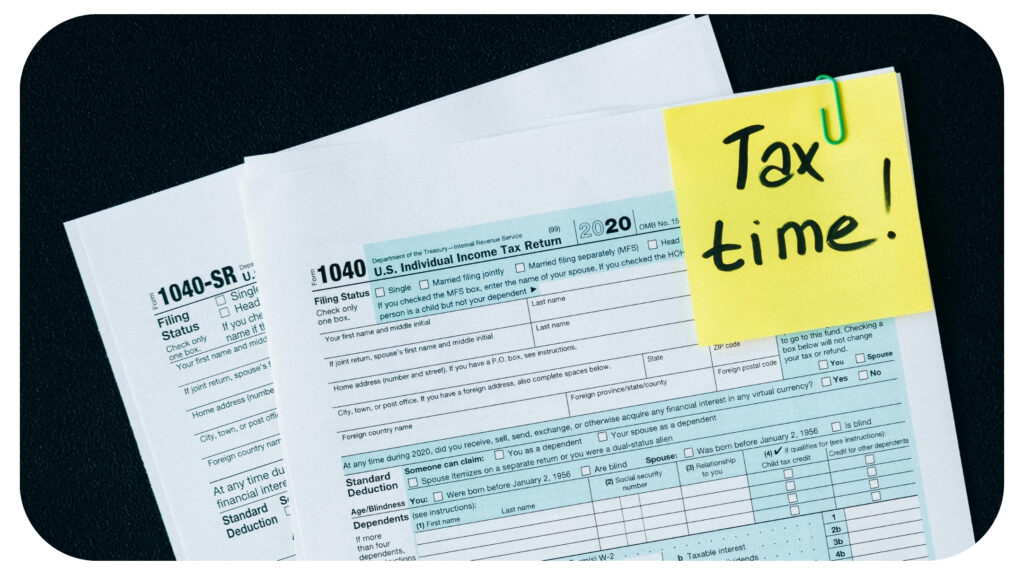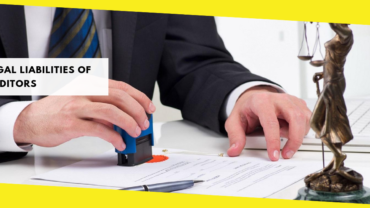Essential Tips on How to Avoid Common Tax Mistakes

Among those yearly responsibilities many individuals find challenging, exhausting, or easy to ignore is filing taxes. Given complex laws, tight schedules, and changing rules, even honest, hardworking people occasionally make mistakes that could cost fines or lost money. Fortunately, most tax blunders are avoidable if you know what to search for and how to forward-plan. Following simple rules can help you avoid common tax mistakes and approach tax season with more confidence, whether you file by yourself or with a professional.
Start Early to Avoid Last-Minute Rush
Waiting until the last minute is among the most common causes of mistakes people make on their tax returns. Rushing to meet the filing deadline might lead to missed deductions, incorrect figures, or maybe complete forgetting of filing. Starting your tax preparation early gives you lots of time to gather necessary documentation, check your bank accounts, and, if necessary, get professional counsel. Early planning also helps you avoid late filing fines and the stress of extended wait periods with tax professionals. Turning in a correct and full tax return starts with being proactive.
Keep Accurate and Organized Records
When it comes time to file your taxes, keeping thorough and orderly financial records, all year long is really vital. Inaccurate income reporting, overlooking deductible costs, or missing crucial forms like W-2s and 1099s can all follow from disorganized recordkeeping. Keep a separate folder—physical or digital—where you save any relevant tax documents, receipts, and evidence of spending to help avoid this. This simplifies itemizing deductions or providing backup should you ever be audited. If you work for yourself, closely monitoring business expenses will also help properly lower your taxable income. Good records are about year-round financial clarity, not only about tax time.
Understand the Importance of Tax Planning
Not only something to consider in April, but tax preparation is a year-round activity. Many individuals wrongly believe that submitting taxes is solely about reporting past income. Still, good tax planning guides you toward wise financial decisions all year long to lower your future tax load. Strategic tax planning, for instance, might include timing income and expenses or adjusting your withholdings to maximize retirement contributions if you run a small business or make a high income. Local expertise also helps people in particular places. Working with a tax adviser knowledgeable about local rules and regulations can help you to maximize relevant credits, deductions, and tax-saving possibilities if you are considering tax planning in Howard County, MD or another specific area.
Avoid Misreporting Income or Overlooking Deductions
Though it sounds simple, one of the most important things you have to do when filing your taxes is precisely report your income. Many people overlook reporting all kinds of income, including investment money, side gig income, or freelancing revenue. Copies of all your 1099 and W-2 forms are sent to the IRS. Therefore, any differences might cause problems and maybe result in audits. Many taxpayers also neglect to claim all the credits and deductions they are eligible for at the same time: home office deductions, charity donations, education expenditures, or student loan interest. Knowing what you are legally allowed to deduct guarantees you are not paying more than required and helps lower your tax load.
Don’t Ignore Tax Law Changes or Deadlines
IRS and tax laws are always changing. What was true last year might not be relevant this year; failure to stay updated might result in expensive errors. Your return could be greatly affected, for example, by changes in tax brackets, standard deduction amounts, or available credits. Furthermore, deadlines for yearly filings or quarterly expected taxes are not flexible; missing them might cause penalties and interest. To stay updated, sign up for IRS updates, follow a reputable financial adviser, or routinely see a tax specialist. Regarding the IRS, ignorance is not a good justification; so, staying current with tax changes is absolutely necessary.
Conclusion
Avoiding tax blunders calls for attention, planning, and a proactive mindset rather than for you to become a tax guru. Starting early, staying organized, planning ahead of time, knowing your deductions, and following changes in law can help you be in a far better position come tax season. Using these ideas can help assure accuracy, lower stress, and retain more of your hard-earned money where it belongs—with you, regardless of whether you handle your taxes on your own or under expert advice.
Recommended For You
Legal Liabilities of Auditors
Most Inside
Most Inside offers high-quality recommendations and valuable updates to enhance all aspects of your life, providing premium guidance and enriching experiences.




